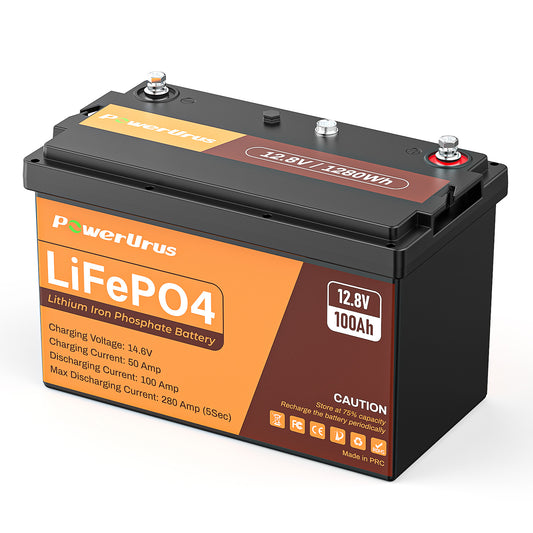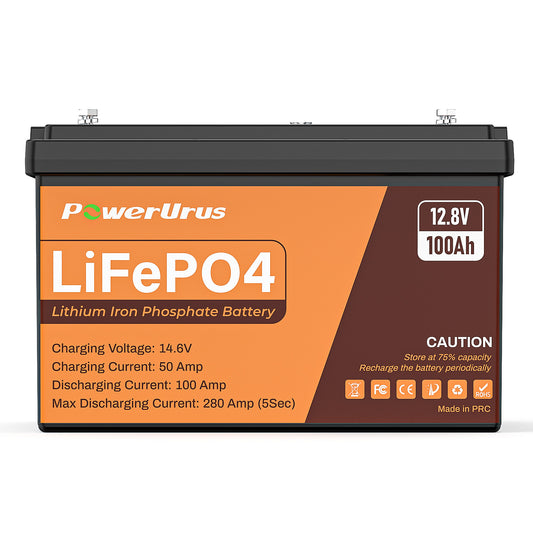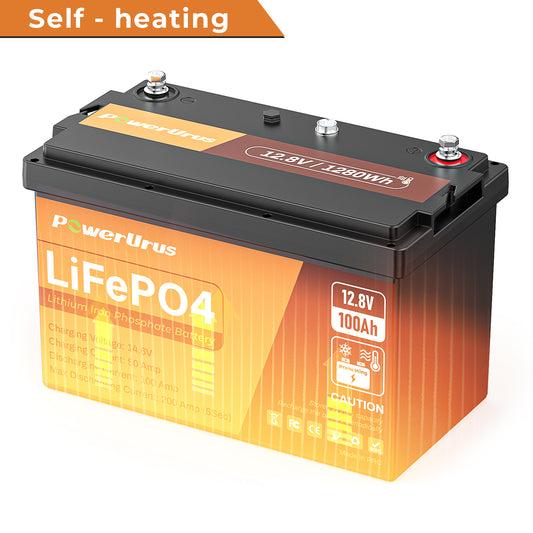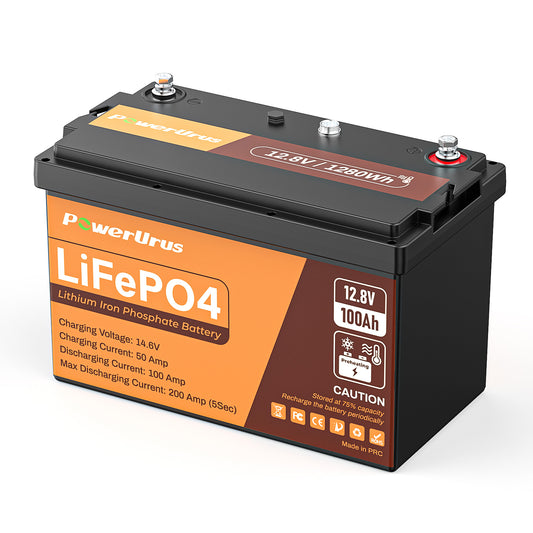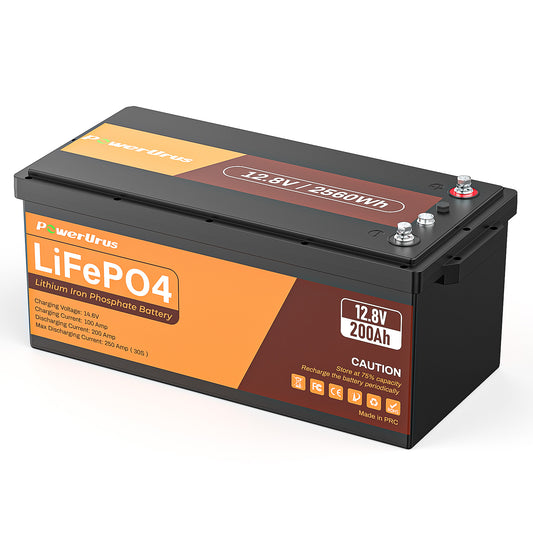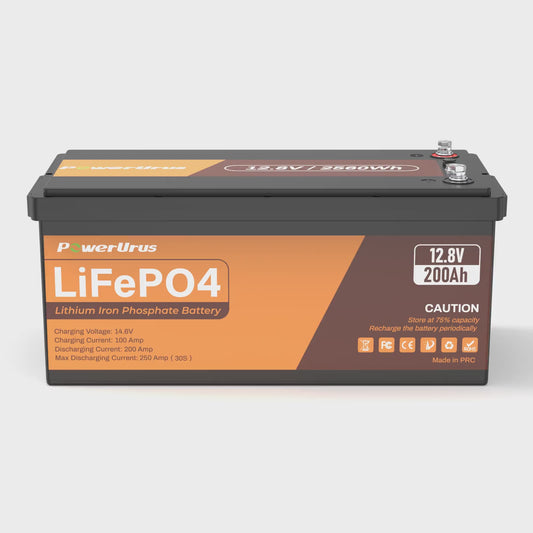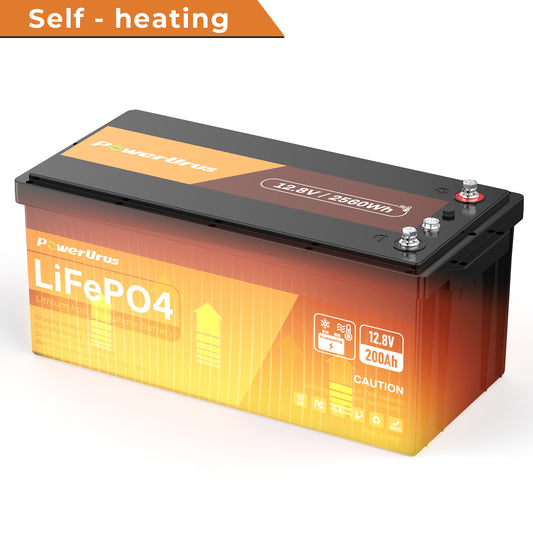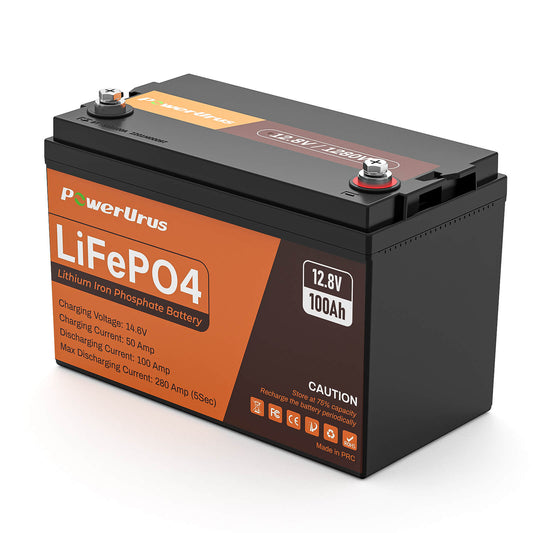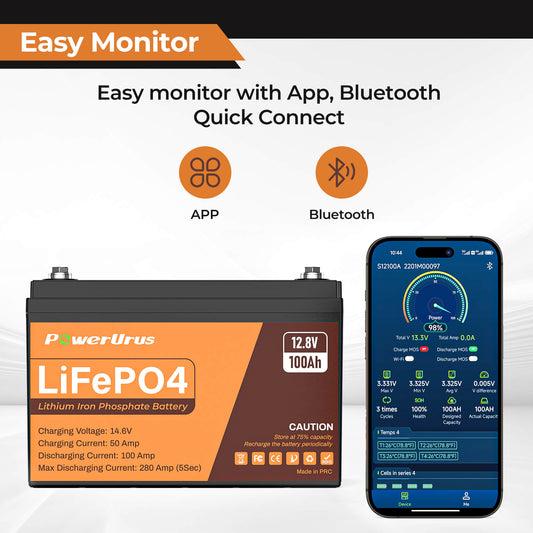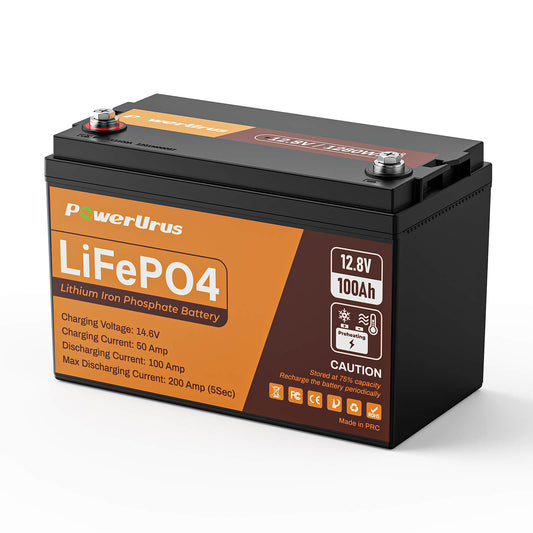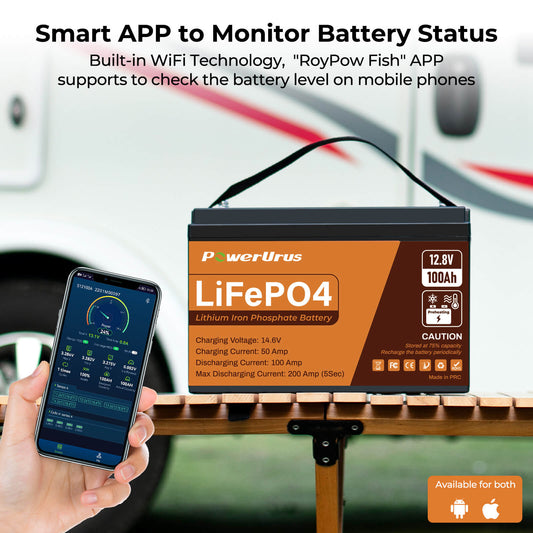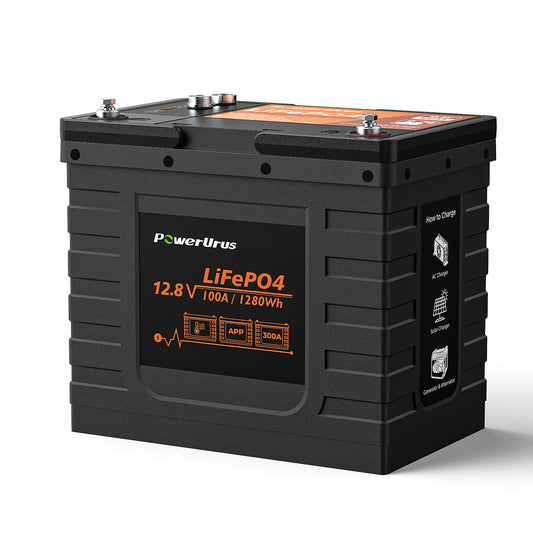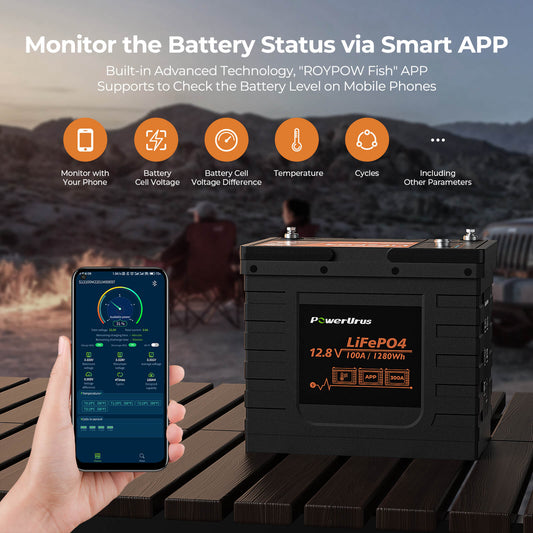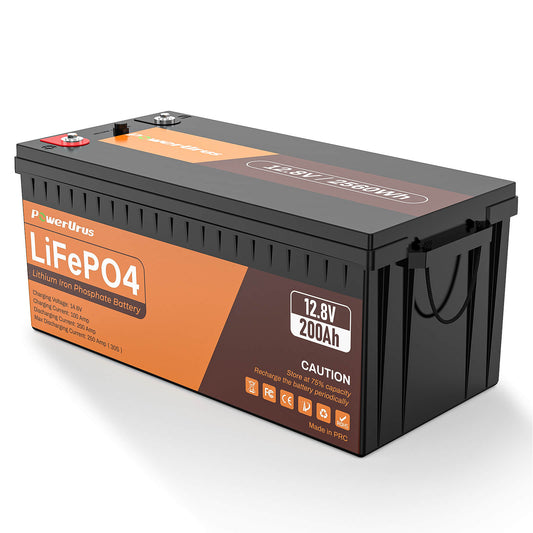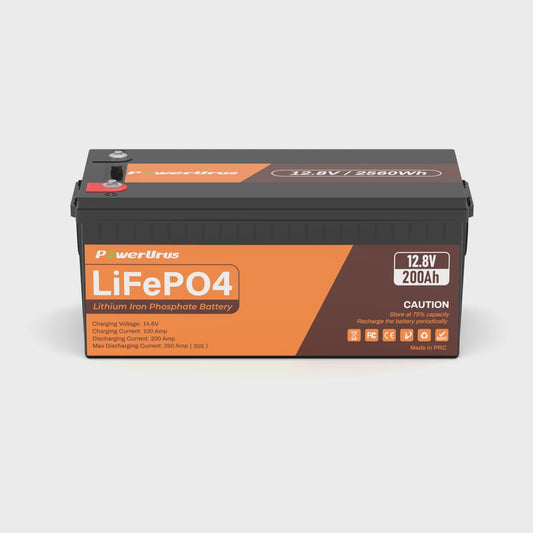Lithium vs. Lead-Acid Batteries: Which Golf Cart Battery Saves More Over 5 Years?
For golf cart owners, choosing the right battery is about more than just upfront costs—it’s about long-term savings, reliability, and performance. While traditional lead-acid batteries have dominated the market for decades, modern 48V LiFePO4 batteries (like those from Powerurus) are revolutionizing the game. But which option truly saves more money over five years? Let’s break down the numbers and see why a LiFePO4 battery for golf carts is the smarter investment.
Upfront Costs: Lead-Acid Seems Cheaper… At First
Lead-acid batteries have a lower initial price tag. A standard 48V lead-acid setup might cost 800–1,200, while a premium 48V LiFePO4 battery ranges from 1,500–2,500. However, this price gap shrinks when you factor in longevity and hidden costs.
Lifespan: Lithium Outlasts Lead-Acid by Years
The real savings come from lifespan. Here’s why:
Lead-Acid Batteries: Last 1–3 years, depending on usage. Most require replacement every 18–24 months due to sulfation and capacity fade. Over five years, you’ll likely buy 2–3 sets.
LiFePO4 Batteries : Deliver 5–10 years of service, even with daily use. Powerurus 48V LiFePO4 batteries boast 2,000+ cycles at 80% depth of discharge (DoD), meaning they’ll outlive lead-acid by a wide margin.
Savings Over 5 Years:
Lead-acid: 2 replacements × 1,200=2,400+
LiFePO4: 1 battery × 2,000=2,000
Hidden Costs: Lead-Acid Drains Your Wallet
Lead-acid batteries come with ongoing expenses that add up quickly:
Maintenance: They require regular watering, terminal cleaning, and equalization charges.
Energy Efficiency: Lead-acid loses 15–20% of energy to heat and sulfation. LiFePO4 batteries are 95–98% efficient, meaning more power goes to your cart.
Replacement Labor: Swapping heavy lead-acid batteries (60–70 lbs each) often requires professional help. LiFePO4 batteries are lighter (30–50 lbs) and easier to install yourself.
Performance: Lithium Enhances Your Golf Experience
A LiFePO4 battery for golf carts doesn’t just save money—it improves your ride:
Longer Range: LiFePO4 provides consistent voltage until fully discharged. Lead-acid voltage drops early, reducing range by up to 30%.
Faster Charging: LiFePO4 charges in 4–6 hours vs. 8–10 hours for lead-acid. Spend less time waiting and more time on the course.
Zero Maintenance: No watering, no leaks, and no corrosion.
Resale Value: Lithium Adds Value to Your Cart
Golf carts with LiFePO4 batteries typically sell for 1,000–2,000 more than those with lead-acid. Buyers prioritize modern, maintenance-free power solutions, making your cart more attractive on the resale market.
Environmental Impact: Lithium is Greener
Lead-acid batteries contain toxic materials (lead, sulfuric acid) and have a 98% recycling rate, but mining and recycling still carry environmental risks. LiFePO4 batteries are non-toxic, last longer, and reduce waste over time.
Case Study: 5-Year Cost Comparison
Let’s compare a 48V golf cart battery setup over five years:
|
Expense |
Lead-Acid |
LiFePO4 |
|
Initial Cost $1,200 |
$1,200 |
$1500 |
|
Replacements (5 yrs) |
$2,400 |
$0 |
|
Energy Savings |
$0 |
$300+ |
|
Maintenance Costs |
$150+ |
$0 |
|
Total Cost |
$3,750+ |
$1800 |
Net Savings with LiFePO4: Over $1,950 in five years!
Why Powerurus LiFePO4 Batteries Are Ideal for Golf Carts
Powerurus 48V LiFePO4 batteries are built for golfers who demand reliability and value:
Ultra-Long Lifespan: 2,000+ cycles ensure years of trouble-free performance.
Lightweight Design: Easy to install and reduces cart strain.
Built-In BMS: Protects against overcharge, deep discharge, and short circuits.
Wide Temperature Tolerance: Operates flawlessly in -4°F to 140°F(-20°C to 60°C).
FAQ: Golf Cart Battery Costs
Q: Can I retrofit my lead-acid golf cart with a LiFePO4 battery?
A: Yes! Powerurus 48V LiFePO4 batteries are compatible with most carts. Check your voltage requirements first.
Q: How do I dispose of old lead-acid batteries?
A: Most retailers offer recycling programs. Never landfill lead-acid batteries.
Q: Are LiFePO4 batteries safe for golf carts?
A: Absolutely. LiFePO4 chemistry is thermally stable and non-explosive, unlike other lithium-ion types.
Conclusion
While lead-acid batteries may seem cheaper upfront, a 48V LiFePO4 battery saves significantly more over five years—with fewer replacements, zero maintenance, and better performance. For golfers seeking a hassle-free, cost-effective power solution, Powerurus LiFePO4 batteries are the clear winner.
Ready to upgrade your golf cart? Explore our 48V LiFePO4 battery collection at Powerurus.com and start saving today!

